399
Like Aburi like Abuja?
Students of history will quickly cast their minds back to the city of Aburi where Lt-General J A Ankra of Ghana sat with General Yakubu Gowon and General Odumegwu Ojukwu between 4th and 5th January 1967 in order to find ways to prevent a likely war in Nigeria.
The two Nigerian protagonists left Aburi at the end of the day with a seeming “peace accord” contrived and affirmed to by the feuding parties.
Back to Nigeria much was expected from them, especially implementing holistically, the contents of the Aburi Declaration.
However, that didn’t happen because Gowon further had more inquests on the agreement.
Having consulted more people, he was said to have reneged on the Aburi Declaration even when he was a willing signatory to it in the first place.
Unfortunately, that was one of the dissenting actions, if not the main cause of the Nigerian/Biafran civil war that lasted three years and took an unprecedented toll on both sides.
Fifty-six years after the Aburi Declaration, what could be seen as a similar “peace accord”, however occurred last weekend in Abuja, Nigeria’s capital.
This declaration in Abuja, though local – and between the Rivers State governor, Sim Fubara and his predecessor, Nyesom Wike also had the trappings of the Aburi Declaration because a head of state, Bola Tinubu was equally involved.
With the warring parties converging at Abuja in search of peace like Gowon and Ojukwu, the protagonists also appended their signatures on what was assumed to be a template for lasting peace in Rivers State.
However, as soon as the parties dispersed and the resolution of the meeting made public, discordant notes began to fill the air.
Like Aburi like Abuja the resolutions are currently being questioned – and rejected by Fubara’s supporters who now claim that Fubara like Gowon didn’t know the “implication” of what he signed.
It seems that the centre cannot hold as the drumbeat of war reverberates across the oil city state.
Yet, like Aburi like Abuja, history could be repeating itself in retrospect unless the contents of the Abuja Declaration is pursued sincerely without fear or favour.
Who knows the contents of the “agreement” between Fubara and Wike before the former governor facilitated his victory at the polls?
The current imbroglio in the state directly or indirectly was apparently caused by Fubara who was said to have reneged on the “structural pact” or whatever he had with Wike.
One therefore, wonders if Fubara is also going to discard this controversial “agreement” he had signed with Wike and other stakeholders in order to have peace and progress in the state?
As the nation waits to see the next move by the protagonists, one also notes that Fubara courts another opportunity to prove that he is not a serial defaulter of pacts and agreements – or a serial traitor as the case may be.
No doubt, like Aburi like Abuja, time ticks for Rivers – and the state could be sitting on a keg of gunpowder.





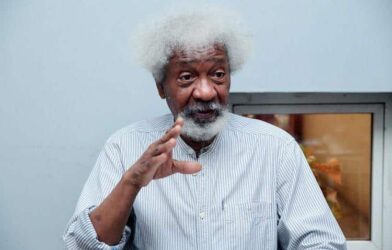
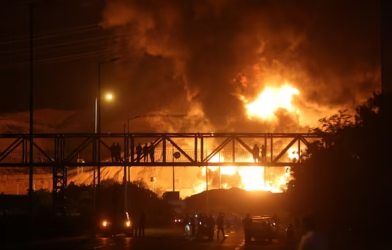
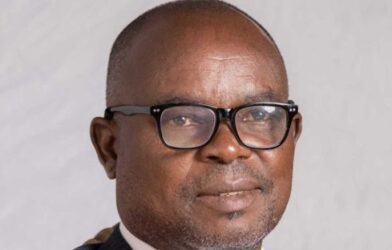
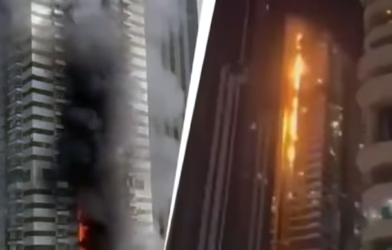
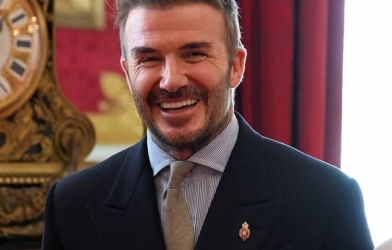
Comments are closed